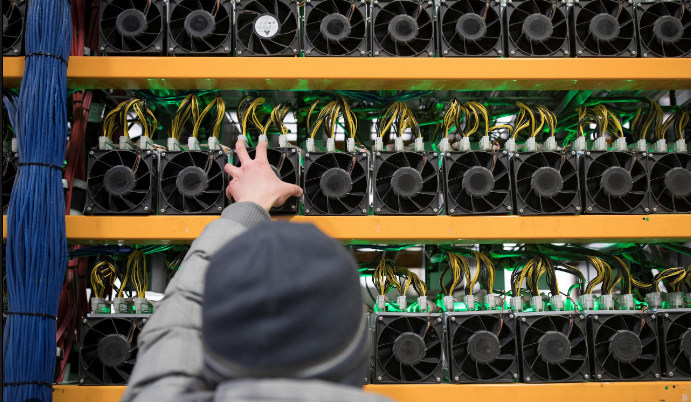
A former electric‐grid executive in Russia has lost roughly ₽7 million (about $88,570) in Bitcoin after law enforcement agents seized his stash.
According to a press release from the Investigative Committee for the Amur Oblast, the man—once in charge of technological connection services at the Far Eastern Distribution Company—used his inside knowledge to tap the grid and run mining rigs in his own home.
He allegedly bypassed a metering device in 2024, stealing more than ₽3.5 million (around $44,334) worth of electricity to mine about 0.8414 BTC.
The operation came to light when officers from Russia’s main federal investigating body, working with the Federal Security Service, raided his property and took control of his digital wallet.
Details Of The Raid
Based on reports from the Amur branch of the Far Eastern Distribution Company, investigators tracked unusual power usage at the former executive’s residence.
They say he made an illegal connection to his employer’s grid facilities and hid the extra load from meters. When agents moved in, they found multiple mining rigs set up in his residential building. Those machines had already produced roughly 0.8414 BTC, which was valued at about ₽7 million at the time of seizure.
Electricity Theft And Mining
According to investigators, the man tapped into DRSC’s distribution network without permission. He avoided regular billing by rerouting power lines and tricking meters. Over time, this added up to more than ₽3.5 million in stolen electricity bills.
With that free power, he was able to mine Bitcoin in a space that looked like any other apartment. The press release noted that he used his role to both approve fake connections for others and skim electricity for himself.
In addition to crypto mining, officers discovered he had taken bribes from local business owners, who paid him to speed up approvals for power‐related documents.

Crypto mining requires a lot of energy, and thousands of specialized computers to run almost round the clock. Image: Christinne Muschi/Alamy
Legal Hurdles And Changes
Mining or holding Bitcoin has been tricky in Russia because the cryptocurrency doesn’t have clear legal status. Based on reports, this case moved forward because a draft law—made public in April—aims to let law enforcers treat crypto assets as intangible property in criminal cases.

If that bill becomes law, courts could more easily order the seizure of Bitcoin and other digital tokens. Until then, investigators have been relying on existing anti‐theft and anti‐corruption statutes to confiscate crypto, as seen when they nabbed $8.2 million worth of crypto from a Hydra darknet operator or seized 1,032 BTC (roughly $88.5 million at today’s rates) from a former SKR investigator found guilty of taking bribes in Bitcoin.
Broader Crackdown In Russia
This arrest is just one piece of a wider effort for Russia to clamp down on illegal crypto activity. Over the past year, Russian authorities have gone after darknet markets, insider traders hiding behind crypto deals, and anyone using hacks to steal electricity for mining.
Based on reports, federal agencies believe that tapping the grid for free power has become a common trick among local miners—especially in remote regions where oversight is weaker.
Featured image from Getty Images, chart from TradingView

Editorial Process for bitcoinist is centered on delivering thoroughly researched, accurate, and unbiased content. We uphold strict sourcing standards, and each page undergoes diligent review by our team of top technology experts and seasoned editors. This process ensures the integrity, relevance, and value of our content for our readers.





Be the first to comment